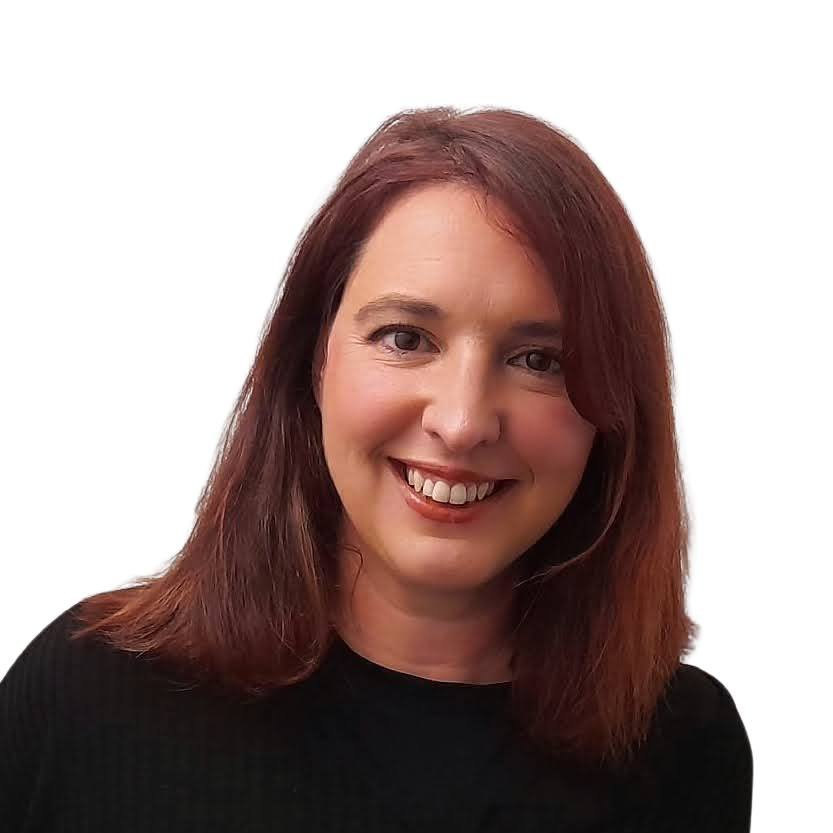Get better search results, faster
Subject: Multidisciplinary
The platforms and databases contracted by the Library are now found under Digital collection by field (formerly Electronic Resources)
On this new page you will find resources including Vlex, Aranzadi, Journal Citation Reports and Web of Science
In the Library there are two ways to find information: by entering the keyword, title or author of a document directly in the search bar or by browsing the Digital collection by field. Below is an explanation of what this second search option consists of.
On the Library's home page, open the Digital collection by field section. Here, you will find databases, journal platforms and other types of resources, classified by topic (use the Filter by study area option).
Some of them are resources available in the Library that you can access with the same credentials as the Virtual Campus. Others are free to access and have been selected for their usefulness by the university community. Each collection offers very varied contents in terms of:
- Format: there are collections with articles, patents, conference proceeding papers, statistics, doctoral theses, standards, technical reports, videos and e-books. There is also an atlas of the human body with 360º images.
- Geographic coverage: there are international contents and others relating to specific geographical areas, such as China or India.
- Time period: from the latest research to 19th-century publications.
- Type of information: in some cases, the collections contain summaries and bibliographic references from a specific field of research, and most of them contain the full content.
Why visit the digital collections?
- Immediate access
As a first step, ask yourself what you want so you know where to search. If you are very sure about the information you need, opening a specific collection directly can help you speed up your search.
For example, if you're looking for legislation, you can go to Vlex or Aranzadi; if you want data about the media, go to Guía de Medios; ; to find infographics and graphs, go to Statista; for news, Factiva-Reuters or My News Hemeroteca.
- Accurate results
Many collections (databases) contain specialist vocabulary for the field of study in which the collection specializes. This is the case of the PsycINFO, collection of the American Psychological Association.
Imagine you need to search for coping strategy-related content. If you don't know what the best search terms are, open the platform glossary (APA Thesaurus of Psychological Index Terms) and enter "coping" in the search engine. You will see that all the information on this topic is labelled with the concept "Coping Behaviour". As all documents are described with these same words, you will quickly retrieve all the information with a single search, avoiding ambiguities.
- Keep up to date with the trends in a particular field of study
You will be able to monitor the latest publications and, in some cases, create alerts and receive email alerts with the latest news published.
With IEEE Xplore you can obtain the latest publications from the Institute of Electrical and Electronics Engineers (IEEE) and the Institution of Engineering and Technology (EIT) on topics such as blockchain, 5G or the Internet of Things.
- Additional information
On the Digital collection by field page, there is a descriptive file for each collection specifying its content, the publics that can access it and guides and videos to learn how to use it.
We encourage you to review the collections in your field of study and keep your favourites in your Favourites area (click Add to favourites on the page of each collection).
Once you know the name of the collection, you can also retrieve it through the Library's search engine.


